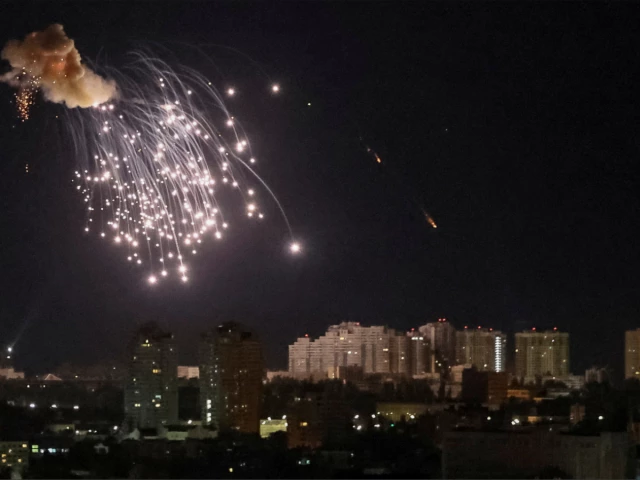The Rising Concerns of Drone Disruptions in Europe: What It Means for the Future
In recent weeks, Europe has faced a wave of drone disruptions, affecting everything from airport traffic to daily life. Former Russian President Dmitry Medvedev, now the deputy chairman of Russia’s Security Council, weighed in on the situation, suggesting that the events should serve as a potent reminder of the conflict’s implications for the continent.
Medvedev dismissed the notion that these disturbances were orchestrated by Russia or its sympathizers. Instead, he highlighted the perplexity surrounding the incidents, leaving many to wonder about their true origins. He noted that individuals sympathetic to Russia wouldn’t waste their resources revealing themselves so openly, indicating that the motivations behind the disruptions remain a mystery.
What’s particularly striking about Medvedev’s commentary is his assertion that these events have given Europeans a stark taste of the reality of war. His remarks aimed squarely at political leaders like French President Emmanuel Macron and German Chancellor Friedrich Merz, suggesting that their actions might be fueling fears that could spiral out of control. Medvedev’s straightforward expression of these sentiments—where he likened frightened Europeans to "dumb animals in a herd being driven to slaughter"—doesn’t exactly encourage diplomatic relations.
Alongside Medvedev’s provocative statements, discussions in Europe about using frozen Russian assets to fund arms for Ukraine highlight a growing tension. The idea of creating a “drone wall” and plans to shoot down errant Russian planes has further inflamed rhetoric on both sides. Yet, Russian officials are adamant about their position: they do not intend to attack any NATO member state, despite the brewing fears and claims to the contrary.
As these events unfold, one thing is clear: the conversations around defense, security, and the potential for conflict in Europe are becoming increasingly complex. Citizens across the continent are left pondering the implications—both immediate and long-term—of these drone disruptions and the geopolitical tensions that underpin them.
It’s a fascinating yet concerning time to be following these developments, as they have the potential to shape not just current events but also future policies and international relations. If you’re keen to stay informed about these issues and more, consider connecting with communities that discuss global security and policy, such as Pro21st. Sharing insights and knowledge can make a significant difference in understanding the broader context of such urgent matters.





